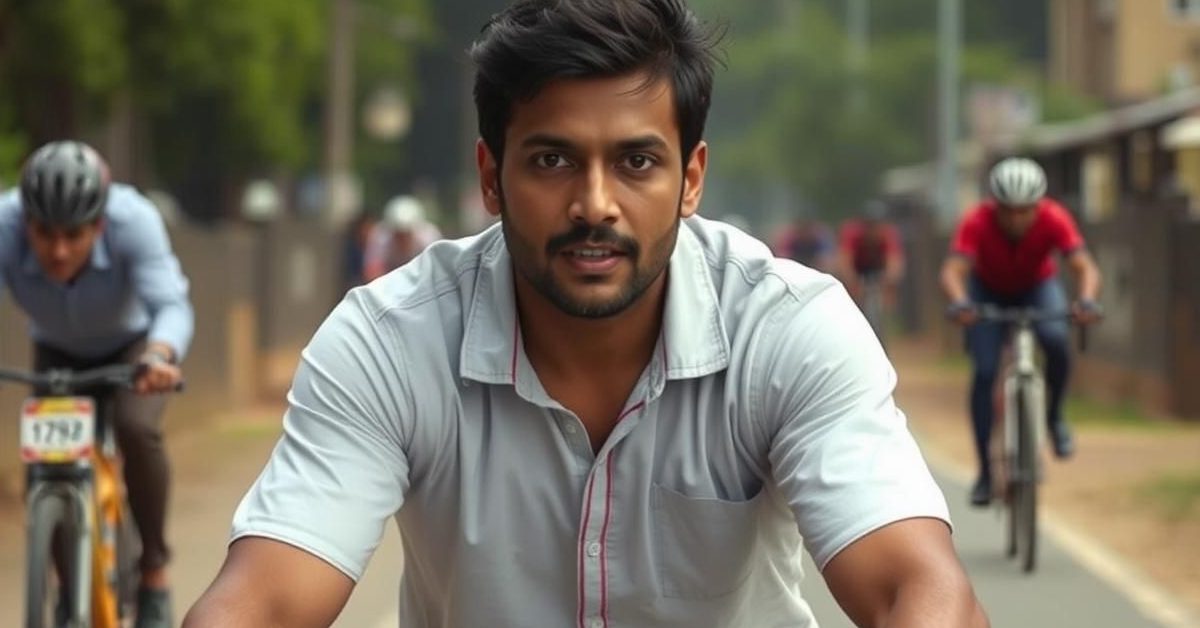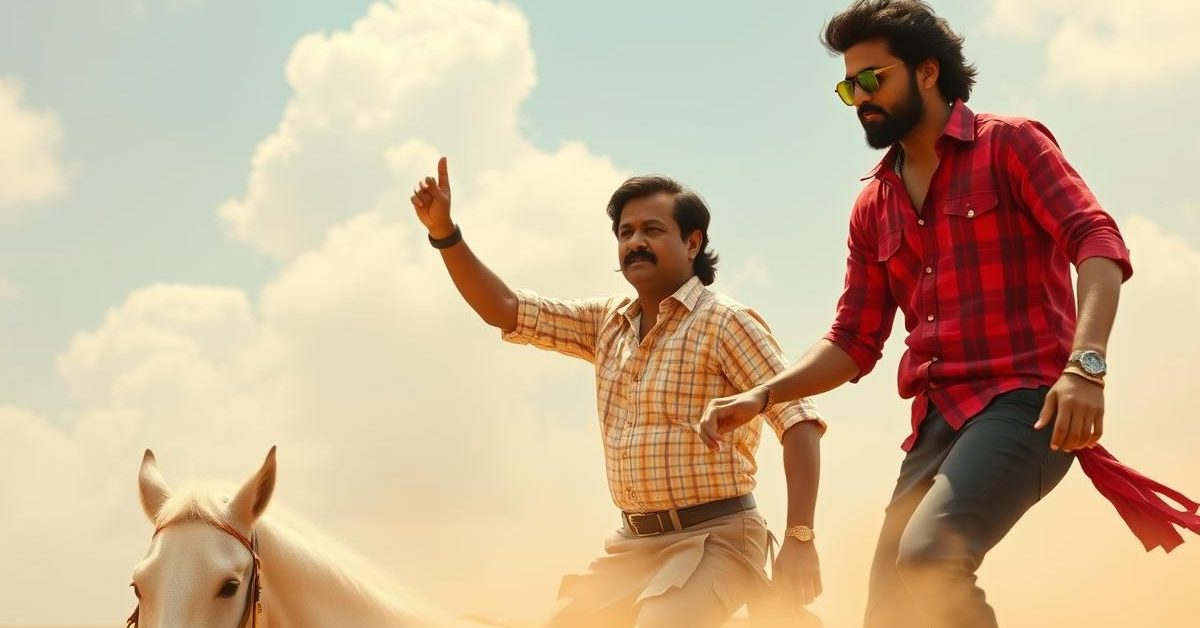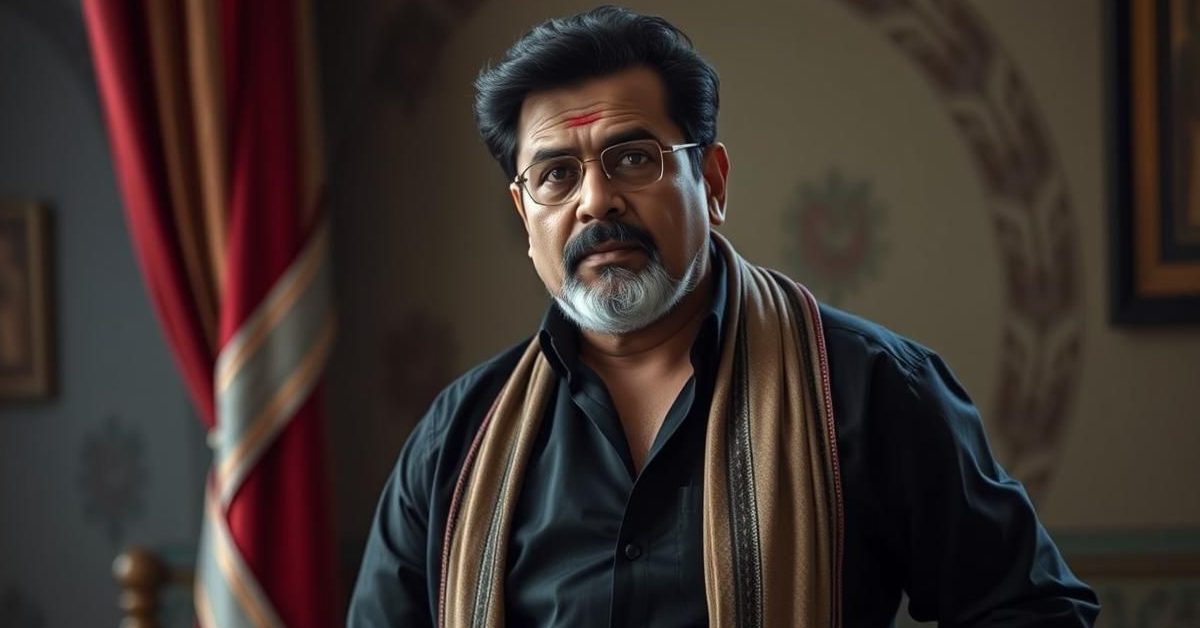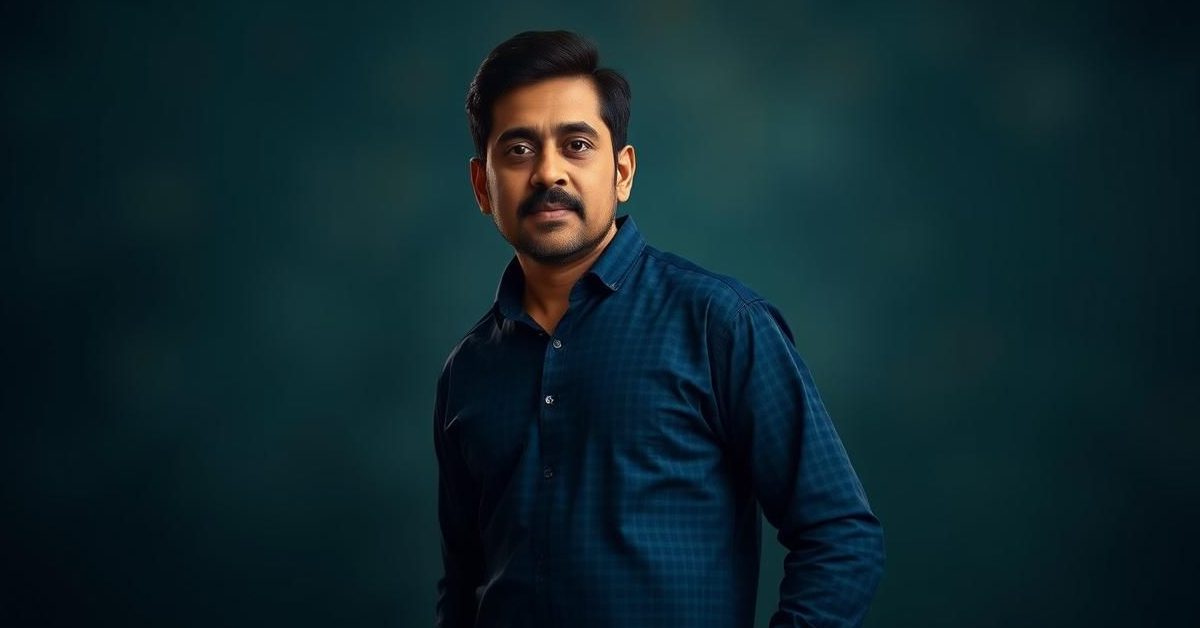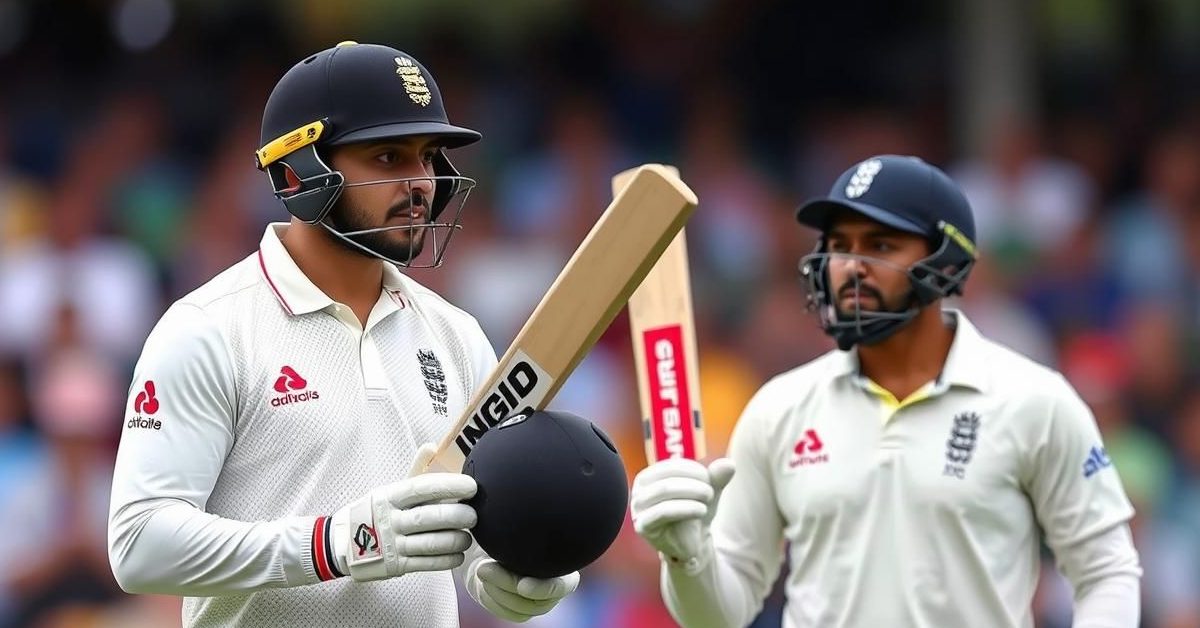Beyond the Myth: The Deeply Personal Roots of a Bollywood Classic
For decades, the cinematic masterpiece *Jo Jeeta Wohi Sikandar* has been widely perceived as a spiritual successor, if not an outright adaptation, of the beloved 1979 American coming-of-age film, *Breaking Away*. Its themes of youthful ambition, cycling rivalry, and small-town dreams certainly echoed the Hollywood predecessor. Yet, the film’s visionary director, Mansoor Khan, recently unveiled a truth far more profound and intimate. In a candid revelation, Khan disclosed that the very essence of *Jo Jeeta Wohi Sikandar* springs not from Western inspiration, but from the raw, lived experiences of his own life.
A Story Etched from Life: Mansoor Khan’s Autobiographical Revelation
Mansoor Khan’s confession that the film is “semi-autobiographical” reframes our entire understanding of this Bollywood gem. It suggests that the struggles of Sanjay, the competitive spirit of the cycling races, and the intricate dynamics of friendship and family were not merely fictional constructs but echoes of Khan’s own formative years. This revelation infuses the film with an even deeper emotional resonance, transforming it from a mere story into a window into the director’s soul. It speaks to the universal aspirations, anxieties, and triumphs that shape young lives, making the narrative feel undeniably authentic and deeply human.
The Turbulent Genesis: From “Miserable” Cast to a Masterpiece
Crafting a film of *Jo Jeeta Wohi Sikandar*’s magnitude was no easy feat, especially given the tumultuous journey it endured behind the scenes. Mansoor Khan openly recounted the initial phase of production as nothing short of “miserable.” The filmmaking process, often romanticized, was in this instance fraught with significant challenges, primarily revolving around the original casting choices. It’s a testament to the sheer will and artistic integrity of Khan and his team that they persevered through such early adversity.
The Milind Soman & Aditya Pancholi Chapter: A Painful Recasting
One of the most striking revelations concerns the film’s initial male lead, Milind Soman, who was reportedly cast as the protagonist, Sanjay, before Aamir Khan took over. Mansoor Khan’s recollection paints a picture of a difficult period, culminating in a blunt, yet ultimately decisive, intervention from Aamir Khan himself. The exact nature of the issues with the original ensemble, which also included actors like Deepti Naval and Ravindra Peepat, remains a topic of speculation, but Mansoor’s description of the cast making life “miserable” suggests a severe lack of chemistry, commitment, or perhaps performance alignment with his vision. Aditya Pancholi was also an early consideration for the role of Shekhar, the elder brother. The decision to completely overhaul the cast was undoubtedly a painful one, demanding immense courage and conviction from the director and his influential co-producer.
Aamir Khan’s Unwavering Resolve: The Game Changer
It was at this critical juncture that Aamir Khan, already a rising star, stepped in not just as an actor but as a powerful force for change. His now-famous declaration, “Aamir Khan said throw them out,” regarding the initial cast, underscores his uncompromising dedication to the project’s success. This wasn’t merely an actor making a suggestion; it was a pivotal moment of artistic intervention, highlighting Aamir’s deep understanding of Mansoor’s vision and his unwavering commitment to achieving cinematic excellence. His demand, while seemingly harsh, proved to be the catalyst that transformed a struggling production into a path towards an enduring classic.
Forging the Iconic Ensemble: Pooja Bedi, Deepak Tijori & More
The subsequent recasting brought in the stellar ensemble we now associate with the film. Pooja Bedi’s vivacious portrayal of Devika, Deepak Tijori’s intense performance as Shekhar Malhotra, and the natural charm of Ayesha Jhulka as Anjali, all contributed to the film’s enduring appeal. Even Akshay Kumar was reportedly considered for a role, showcasing the wide net cast during this crucial re-evaluation period. The synergy among this new cast, under Mansoor Khan’s refined direction and Aamir’s intense dedication, created an on-screen magic that resonated deeply with audiences across generations.
The Enduring Legacy of “Jo Jeeta Wohi Sikandar”
Beyond its compelling behind-the-scenes drama, *Jo Jeeta Wohi Sikandar* transcended its production woes to become an undeniable cultural touchstone. Its vibrant soundtrack, composed by Jatin-Lalit, featuring iconic voices like Udit Narayan, Kumar Sanu, and Sadhana Sargam, became anthems for a generation. The film’s themes of self-discovery, overcoming adversity, and the importance of family and friendship continue to strike a chord. Mansoor Khan’s revelation about its semi-autobiographical nature only deepens its emotional impact, cementing its place not just as a classic, but as a deeply personal narrative of triumph against odds, both on and off the screen. It stands as a powerful reminder that sometimes, the most challenging beginnings can pave the way for the most magnificent artistic achievements.
